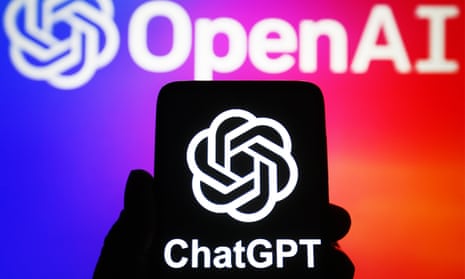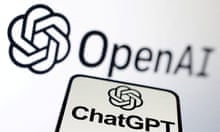ChatGPT, the popular artificial intelligence chatbot, has reached 100 million users just two months after launching, according to analysts.
It had about 590m visits in January from 100 million unique visitors, according to analysis by data firm Similarweb. Analysts at investment bank UBS said the rate of growth was unprecedented for a consumer app.
“In 20 years following the internet space, we cannot recall a faster ramp in a consumer internet app,” UBS analysts wrote in the note, reported by Reuters.
By comparison it took TikTok about nine months after its global launch to reach 100 million users and Instagram more than two years, according to data from Sensor Tower, an app analysis firm.
ChatGPT can generate articles, essays, jokes, poetry and job applications in response to text prompts. OpenAI, a private company backed by Microsoft, made it available to the public for free in late November.
OpenAI also developed the AI-powered image generator Dall-E and is at the forefront of generative AI, or technology trained on vast amounts of text and images that can create content from a simple text prompt.
On Thursday, OpenAI announced a $20 monthly subscription, initially for users in the United States only. It would provide a more stable and faster service as well as the opportunity to try new features first, the company said.
Analysts believe the viral launch of ChatGPT will give OpenAI a first-mover advantage against other AI companies. The growing usage, while imposing substantial computing cost on OpenAI, has also provided valuable feedback to help train the chatbot’s responses.
OpenAI, which is based in San Francisco, said the subscription revenue would help cover the computing cost.
The Guardian contacted OpenAI for comment but did not receive a reply before publication.
Last month, Microsoft announced another multibillion-dollar investment in OpenAI in the form of cash and provision of cloud computing. On Wednesday Microsoft launched a premium version of its Teams product backed by ChatGPT, offering AI-powered extras such as automatically generated meeting notes. The tool also divides recaps of meetings into sections, based on the meeting transcript.









